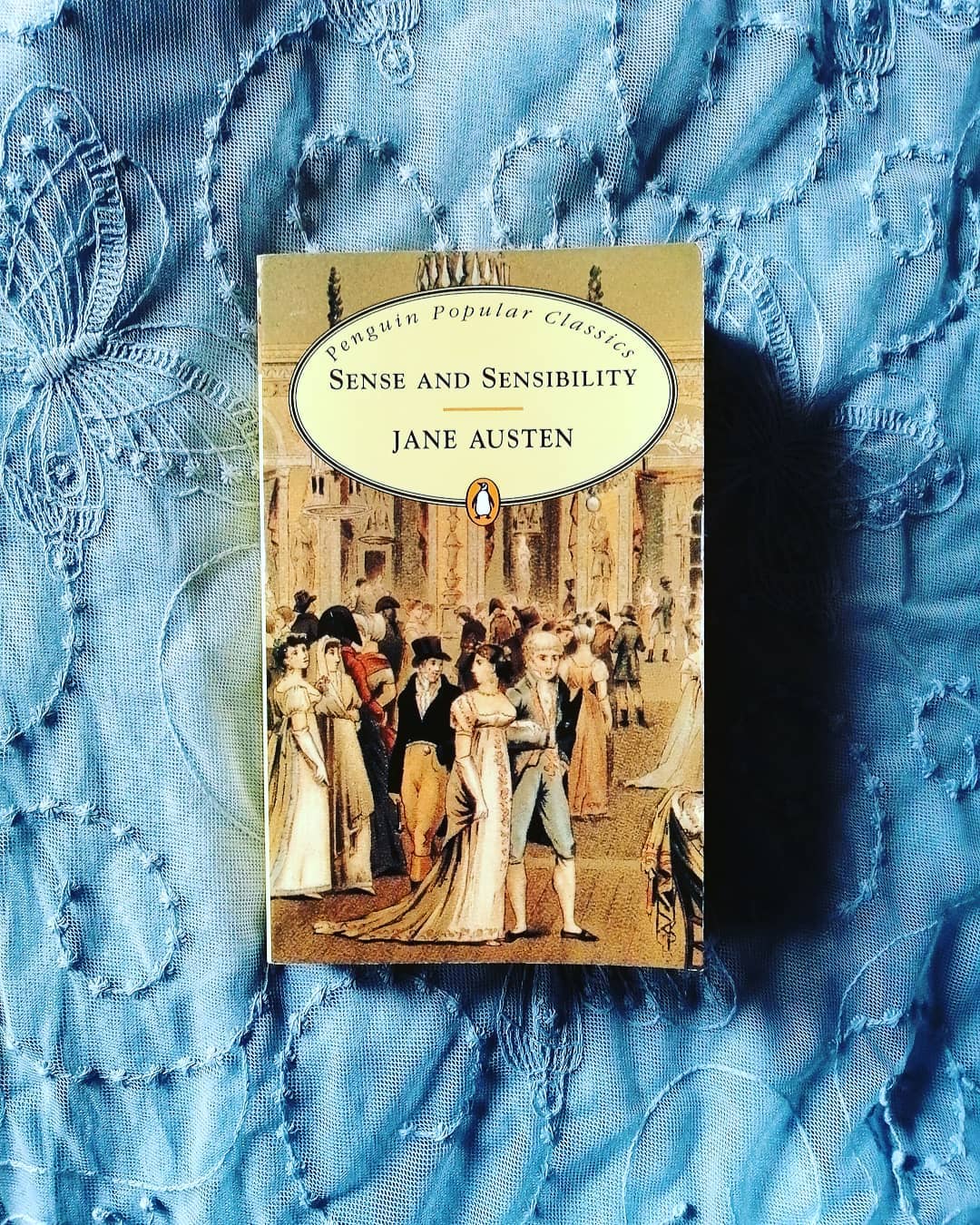One of the most rewarding stages in language learning is when you begin to have your own STYLE or VOICE in the language you have been studying.
As a proofreader of various texts, I must exercise caution when correcting a text so that I do not end up changing the writer’s style, but rather know how to RESPECT their voice and purpose.
Jane Austen’s novels, full of dialogue as they are, have many ‘voices’ that are expressed literally through character dialogues. Today I will share one favourite dialogue between the Dashwood sisters as found in Sense and Sensibility (1811) – you can observe how Austen portrayed the characters’ style and personality through their expressions:
📙”What a pity it is, Elinor,” said Marianne, “that Edward should have no taste for drawing.”
“No taste for drawing!” replied Elinor, “why should you think so? … I do not attempt to deny,” said she, “that I think very highly of him—that I greatly esteem, that I like him.”
Marianne here burst forth with indignation— “Esteem him! Like him! Cold-hearted Elinor! Oh! worse than cold-hearted! Ashamed of being otherwise. Use those words again, and I will leave the room this moment.”
Elinor could not help laughing. “Excuse me,” said she; “and be assured that I meant no offence to you, by speaking, in so quiet a way, of my own feelings. … But farther than this you must not believe. I am by no means assured of his regard for me. There are moments when the extent of it seems doubtful; and till his sentiments are fully known, you cannot wonder at my wishing to avoid any encouragement of my own partiality, by believing or calling it more than it is. In my heart I feel little—scarcely any doubt of his preference. But there are other points to be considered besides his inclination. …”
– Jane Austen, Sense and Sensibility, Chapter IV
Join me in the next post as we continue analysing this passage.




